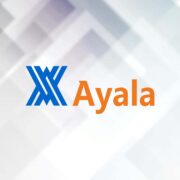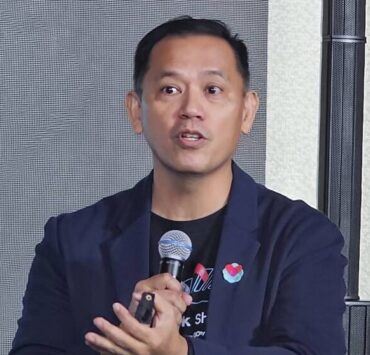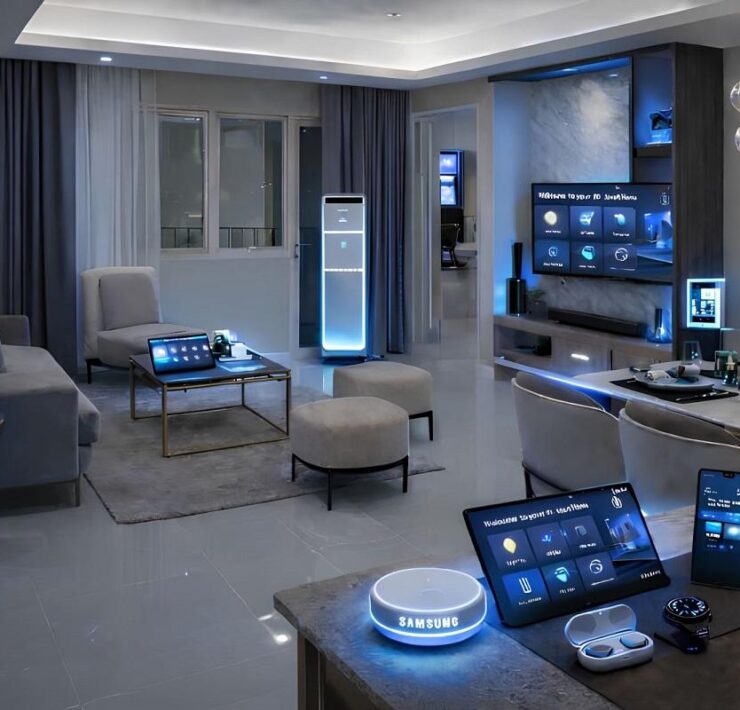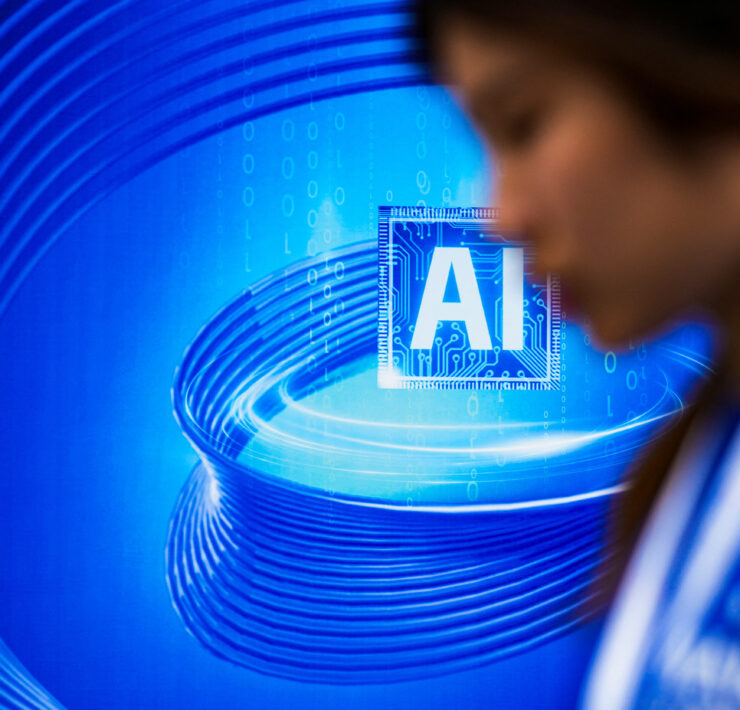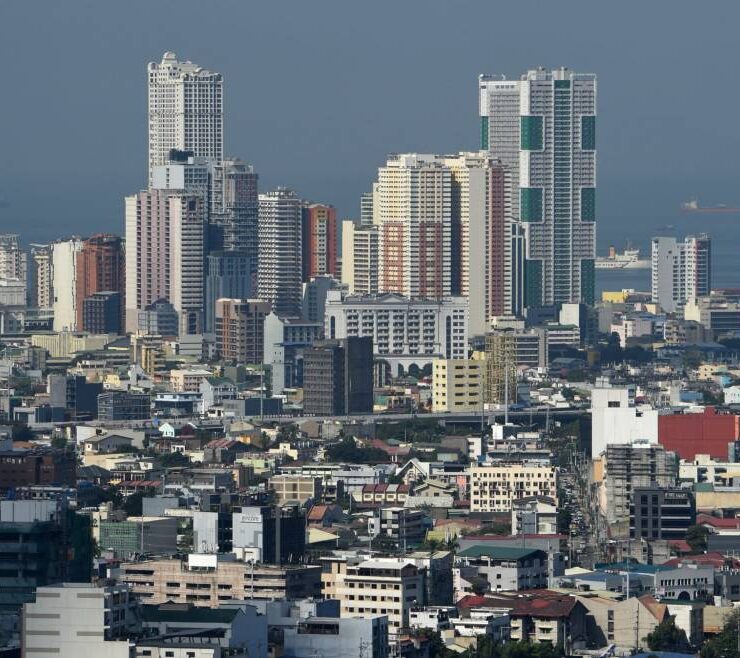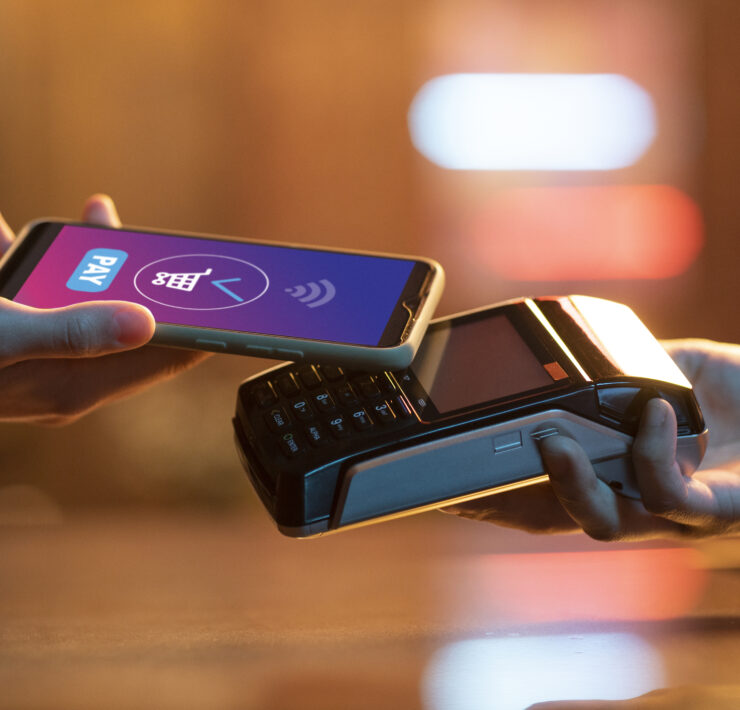Are you human? They can tell

World, a human-centered financial and identity network, hopes to boost the coverage of its human verification technology, which the government can use to combat the proliferation of online fraud and weed out ghost beneficiaries of financial aid or “ayuda.”
The company says it has established “very strong open lines” with the Department of Information and Communications Technology, along with other government agencies, for more than a year.
While the group cannot provide additional details, it says both parties are exploring possible opportunities in areas where they can collaborate.
Its human verification device, dubbed “The Orb,” helps institutions verify that an individual is human—and not a product of a bot or deepfake technology—without getting any personal data.
The device scans or captures a person’s face and eyes to confirm their uniqueness.
World has presence across the globe through its digital identity service. It has so far identified 14.3 million unique individuals, with more than 31 million people using its World App.

Cybercrime vulnerability
Tiago Sada, chief product officer-Tools for Humanity at World, says the group is “prioritizing” the Philippine market given its vulnerability to cybercrimes, with more Filipinos using social media platforms and messaging apps.
He spoke about this new technology to the local media in a recent roundtable discussion.
According to the “Philippines Digital 2025” report, 97.5 million Filipinos used the internet in 2024, spending about eight hours and 52 minutes a day, usually with their mobile devices.
“With its fast-growing middle class and high mobile penetration, the Philippines is seen as a strategic testbed for innovation, particularly in emerging markets where tech adoption is rapid but online protections remain uneven,” Sada says.
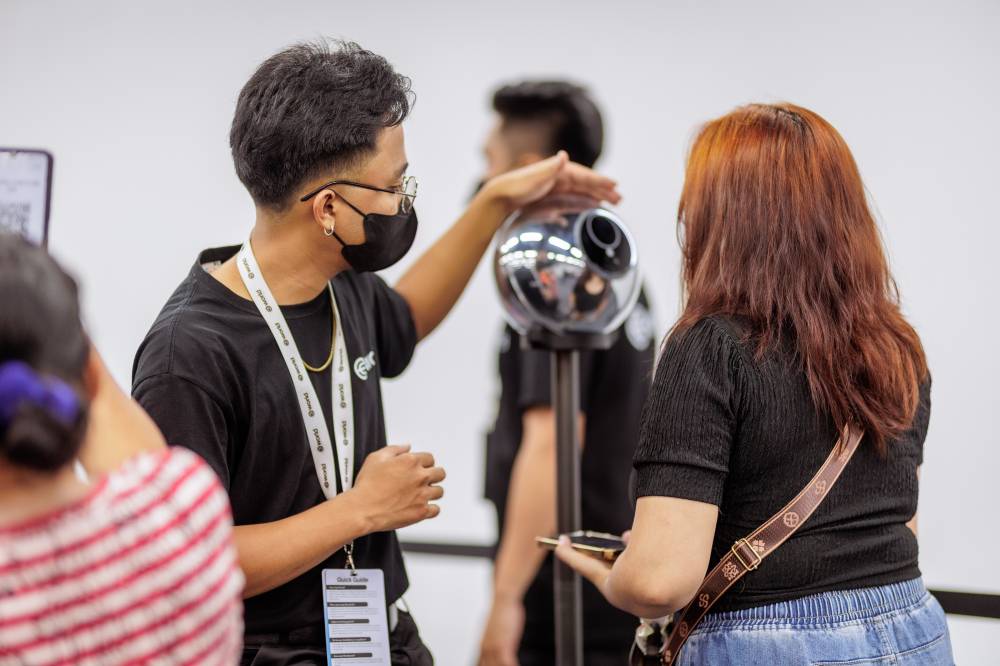
In a separate report, the Philippine Statistics Authority noted that nearly half of Filipino families had internet access at home in 2024 following the pandemic-led surge in demand for connectivity.
The Cybercrime Investigation Coordinating Center previously flagged the proliferation of deepfake technology on social media, showing realistic fake videos and audio recordings to manipulate Filipinos.
Sada says World has already secured two government partnerships in the region to incorporate the human verification technology in their platforms.
In Taiwan, World was tapped by the state to avoid double-voting issues. Its deal with Malaysia, meanwhile, entails a wider partnership as it involves the government’s research and development center, with a focus on digital aid.
With no official partnership with the Philippine government, World has begun teaming up with other groups to launch the device at shopping malls in key areas in Metro Manila.
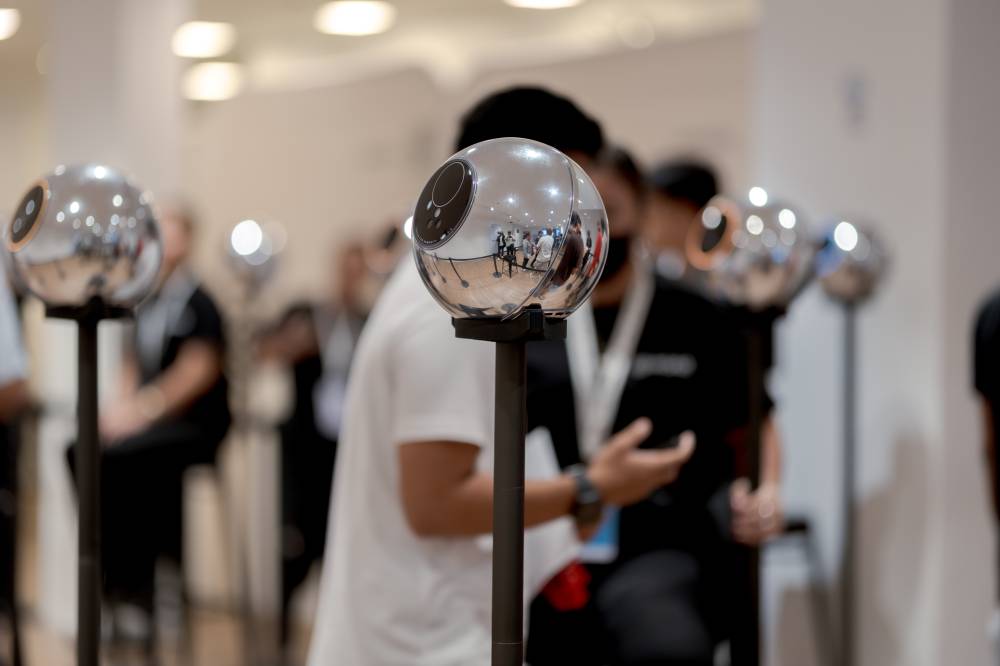
To further boost the coverage and accessibility, the company is set to introduce a “mini” version of the device, which could be the size of a mobile phone, Sada says.
Sada says World is targeting to make the device as prevalent as an automated teller machine or ATM.
It is also in discussion with local developers to build a Mini Apps ecosystem, which offers users lightweight digital services built on proof-of-human verification.
Sada says the Mini Apps ecosystem is gaining traction in markets where access to traditional banking and government infrastructure is limited.
“By tapping into local developer networks, World aims to build products that are not only technically robust but also culturally and economically relevant—bridging gaps in trust, access and inclusion,” World says.













